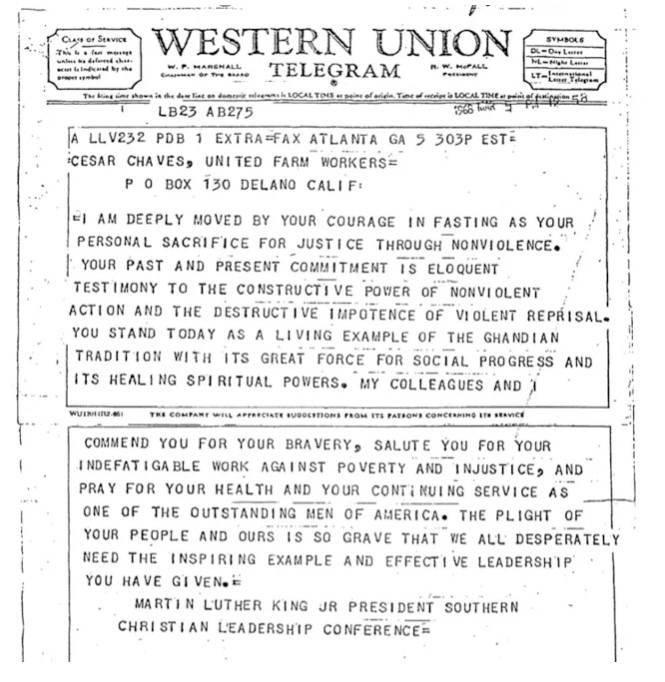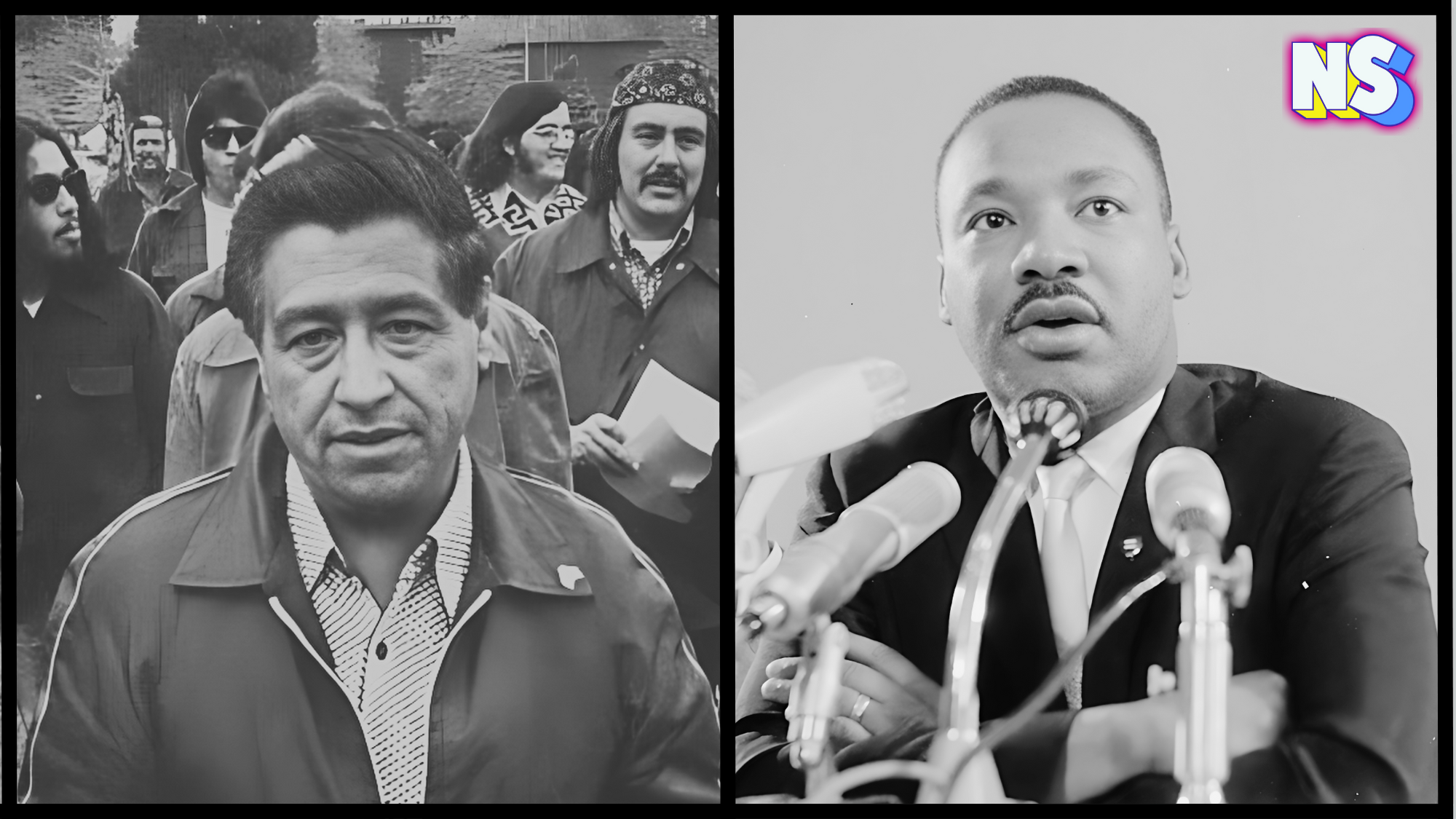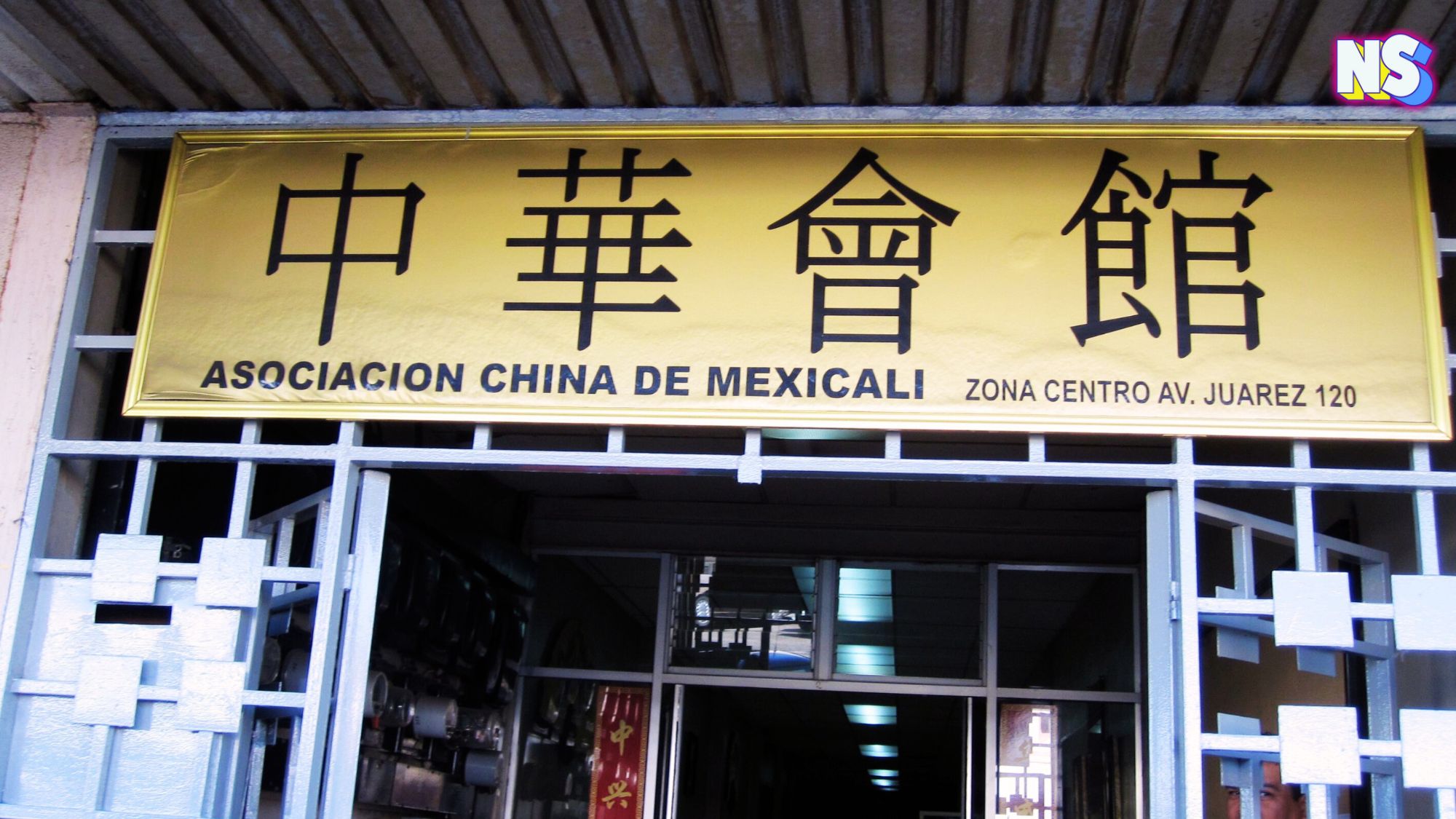When it comes to American civil rights, the towering figures of Martin Luther King Jr. and Cesar Chavez stand strong. Their legacies are interwoven, though their shared struggles. At first glance, their paths might seem divergent, rooted in distinct forms of activism. However, beneath the surface, their causes converged in many ways. And so did they.
MLK and Chavez United in Purpose
Amidst the turbulence of their era, King and Chavez weren’t just leaders. They were colleagues.
It began when both gained national fame at the same time and caught each other’s attention.
“As King became nationally-known through the Montgomery Bus Boycott that spanned most of 1956, and the formation of the Southern Christian Leadership Conference (SCLC) the following year, Chavez was forging his own reputation by rising to national director of the CSO,” Biography.com explains.
Their bond was forged on principles that bridged racial divides and nurtured mutual respect.
“The refusal by King to allow Latino farm workers to be pitted against Black workers or the broader civil rights movement is profoundly significant,” remarks The Rev. William Barber of the Poor People’s Campaign, underscoring their unified vision.
Chavez, too, echoed the call for unity among communities.
“We cannot seek achievement for ourselves and forget about progress and prosperity for our community,” Chavez ardently proclaimed. “Our ambitions must encompass the aspirations and needs of others, for their sake and our own.”
King, a luminary in the African American civil rights struggle, championed racial equality and justice. Meanwhile, Chavez, as a labor leader and co-founder of the National Farm Workers Association, later known as the United Farm Workers, fought relentlessly for the rights of predominantly Latino farmworkers.
“Dr. Martin Luther King Jr. and Cesar Chavez didn’t meet, but they corresponded,” The United Farm Workers official site explains.
During a pivotal hunger strike in the 1960s, King extended a heartfelt telegram to Chavez.
“During my first fast in 1968, Dr. King reminded me that our struggle was his struggle too” Chavez once said. “He sent me a telegram which said ‘Our separate struggles are really one. A struggle for freedom, for dignity, and for humanity.’ … I was profoundly moved that someone facing such a tremendous struggle himself would take the time to worry about a struggle taking place on the other side of the continent.”
Together, yet always physically apart, King and Chavez merged their causes into a collective force for justice.
“King had begun collaborating with Mexican American civil rights leaders in Texas and California shortly before his assassination … ,” details Axios, shedding light on their shared efforts.
He aspired to construct a diverse coalition, encompassing marginalized voices from diverse backgrounds.
“King actively engaged with Mexican-American, Native American, and Appalachian white leaders, envisioning a multiethnic, multiracial assembly traveling from their hometowns in ‘mule carts’ and ‘old trucks’ to Washington, D.C., to spotlight the plight of the impoverished,” the AP writes.
The civil rights leader’s call for a multiracial coalition resonated deeply with Chavez’s mission to unite farmworkers, transcending racial barriers in the pursuit of justice.
“Dr. Martin Luther King warned us that racism threatened the very foundation of our democracy,” Latina activist Dolores Huerta, who co-founded the United Farm Workers Association with Chavez, said.
Sadly, King’s assassination in April 1968 kept the two leaders from publicly joining forces. Chavez died over two decades later, in 1993, in Yuma, Arizona.
But, three years before his death, Chavez delivered the speech titled “Lessons of Dr. Martin Luther King, Jr.” on April 4, 1990, marking the 22nd anniversary of Dr. Martin Luther King Jr.’s assassination. The speech is a poignant reflection on King’s teachings and their common struggles for justice and equality.
“Dr. King was a powerful figure of destiny, of courage, of sacrifice, and of vision,” Chavez said. “Few people in the long history of this nation can rival his accomplishment, his reason, or his selfless dedication to the cause of peace and social justice. … My friends, Dr. King realized that the only real wealth comes from helping others,” Chavez said during his 1990 speech. “I challenge each and every one of you to be a true disciple of Dr. King, to be truly wealthy.”





